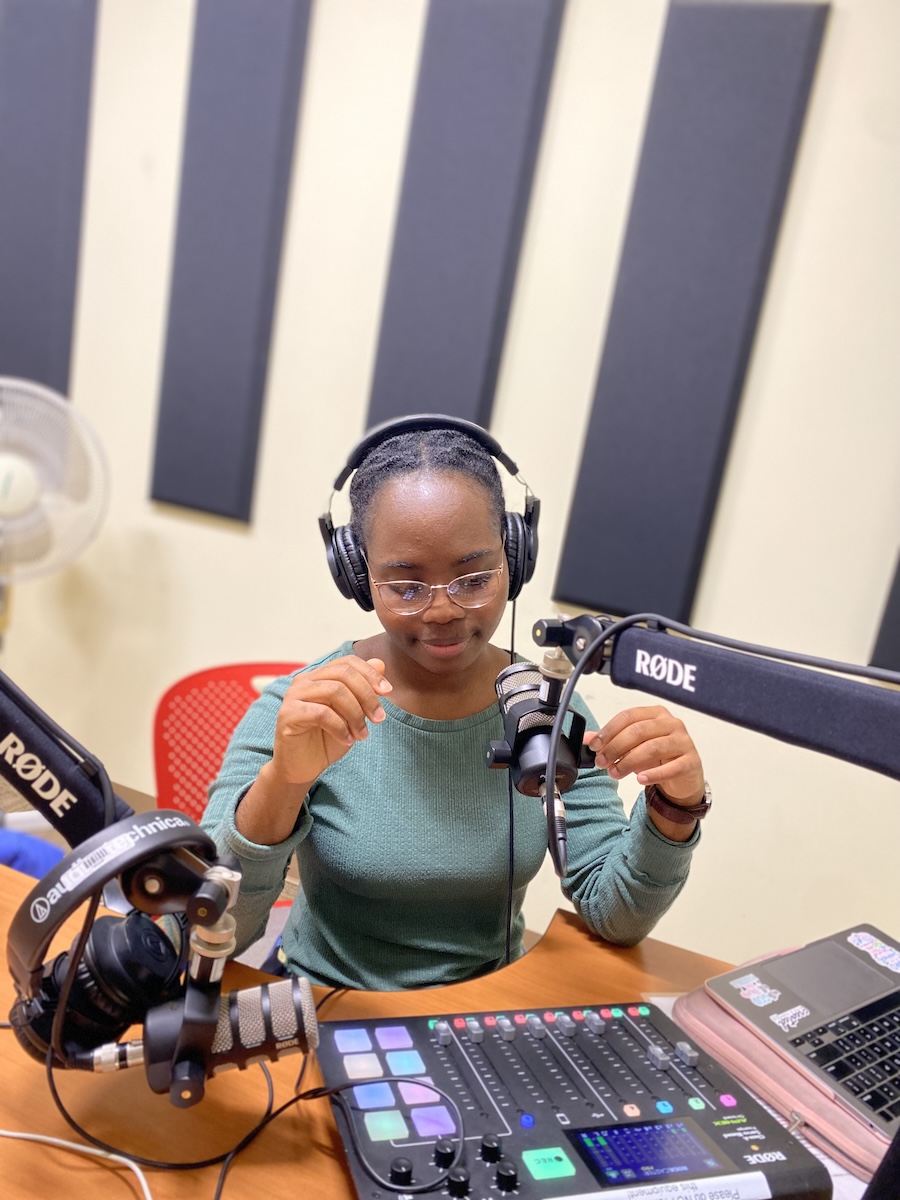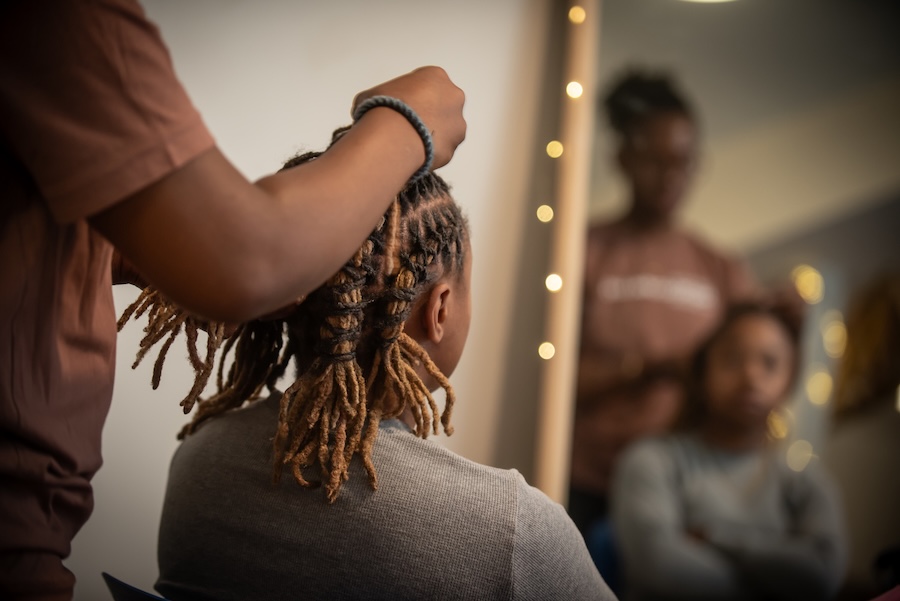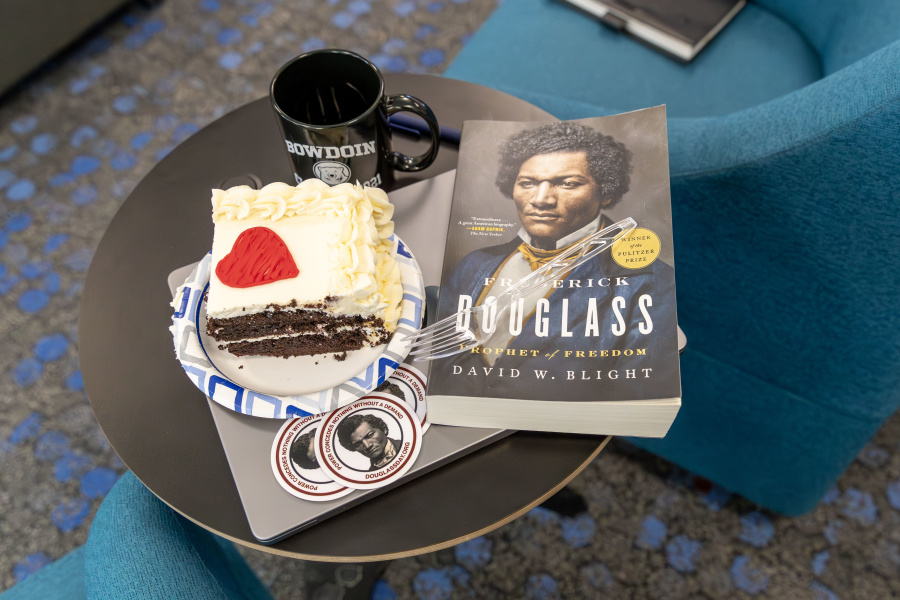Asian Week Highlighted by Poetry and Stories
By Bowdoin 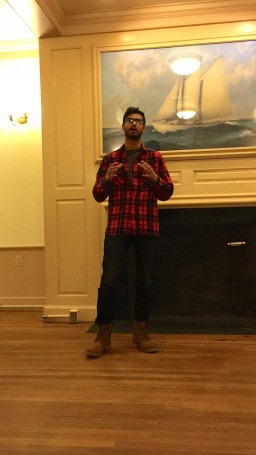
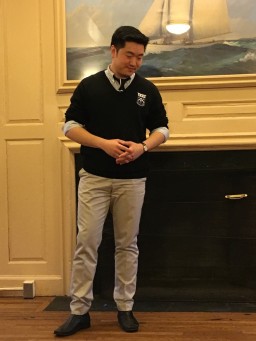
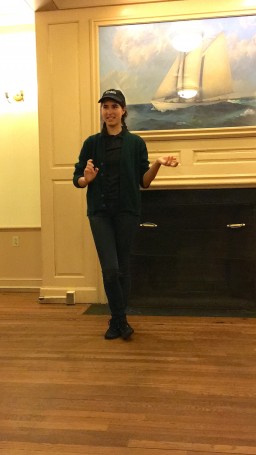
The students who put on the annual week of programming for Asian Week this year told the Bowdoin Orient they wanted to focus on “identity, community and bonding between members of the community,” and to share the different views held by Asian and Asian American students on campus.
In that spirit, one of the events the Asian Students Organization held last week was “Panda Bear Tales,” at MacMillan House. Organizers Mitsuki Nishimoto ’17 and Elina Zhang ’16 asked for students to briefly share stories about what family and traditions mean to them.
Kevin Ma ’17 told a coming-of-age story from a Thanksgiving he celebrated when he was 12. “I was born here, but there is a mix between my Chinese heritage, and where I live in America. This cultural exchange is a huge part of my life because I’m living that every day. I have values that are brought to me from my family, and American values that I live with. Together that really composes who I am as a Chinese-American,” he said.
The Panda Bear Tales storytellers included Kevin Ma ’17, Victoria Pitaktong ’17, Hassaan Mirza ’17, Catalina Gallagher ‘16, Cameron Chisholm ‘16, Jodi Krausher ’17, Julian Tamayo ‘16, Dillon Sandhu ’16, and Mitsuki Nishimoto ’17.
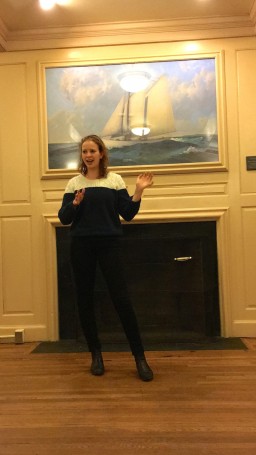 c
c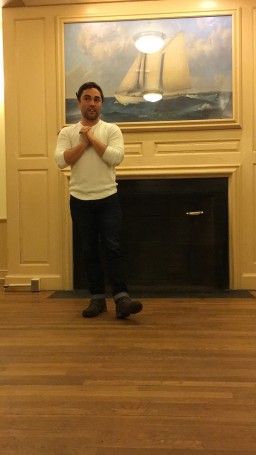
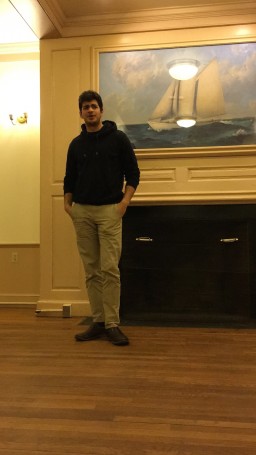
The ASA also invited poet and writer Jenny Zhang to speak in Ladd House on the obstacles and strategies for pursuing a career in the creative field as an Asian American Pacific Islander. Zhang additionally ran an hour-long writing workshop with the student group Slam Poets Society.
Zhang is a regular contributor for Rookie Magazine. Her fiction, nonfiction, and poetry have appeared in Lenny Letter, Poetry, The Hairpin, Dazed, Jezebel, The Guardian, The Iowa Review, Buzzfeed, and elsewhere. She writes for teen girls at Rookie magazine, exploring racism, feminism, mental health, relationships and more. She is the author of Dear Jenny, We are All Find and HAGS.
Elina Zhang ’16 sat down with Zhang for an interview about being at college (she graduated from Stanford), her relationship with the creative profession as an Asian American, and some of her influences. Below is an excerpt of their conversation.
EZ: College is such a social experiment in some ways, what happens when you put everyone in this little petri dish of a place. It’s sometimes hard because at Bowdoin where when we’re really trying to create a diverse space for people who are very different are actually connecting. “Is that even possible?” is kind of a big question.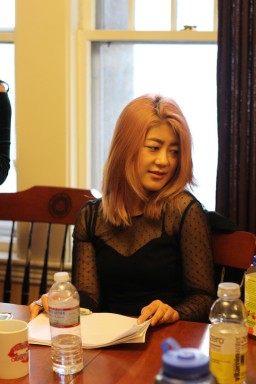
JZ: It’s exactly the time where you’re encouraged to explore and you’re physically in the perfect space to do that because you’re away from your family and you’re away from people who have known you your whole life. So you can become who you want to be…You’re never again where you’re in such proximity to different people all the time, where you have the time to socialize and doing things and trying new things is built into the expectations of your life here, but then it can also be kind of jarring to realize that people really do settle back into themselves.
EZ: What’s your parents’ relationship with your profession?
JZ: They were worried about me in the very beginning when I said that I wanted to be a writer. Some of things they were worried about were kind of insane. They were literally worried that I would end up like in the gutter, and I was like “the literal gutter?”
EZ: Oliver Twist style.
JZ: Yeah, just like splayed out in a pool of ashtrays and garbage or something. They were just worried that it would be really hard. Based on their own experience and this general thought that it was hard enough to be a white man being a creative person, but why would someone who is a second-generation Asian American woman try to do that? So I think they were just super against it. But I was so single-mindedly obsessed with writing, and I knew from a really young age I wanted to do it and there was never a moment of doubt in my mind. If I did not pursue it, I would have been psychically and spiritually bereft and dead. So it was just like, I knew that if I could do it long enough without ending up in the gutter, or something less drastic, then at some point I could be like, ‘Mom, Dad I’ve been doing this for a really long time and I’m still okay, year after year I end up being okay.” And I think that it’s been long enough tot his point where I think they’re cool with it.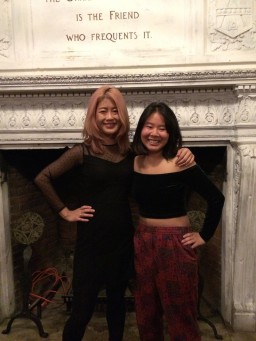
EZ: Thematically I love how much you do write about your Asian American experience as a contributor for Rookie Magazine. It’s part of why I was so obsessed with Rookie, I was so happy because it was a diverse magazine and it has become even more diverse over the years. What is it like writing in a predominantly white profession?
JZ: I would say using confidence as a strategy for navigating racism and stereotypes; it doesn’t have to be overt, sometimes it’s very insidious and very soft racism. When someone says, “Your writing is not that great,” I ask myself, “Is this someone who in their whole life has only read dead white authors?” Because if they are, I’m not really going to hear those words and care about them. It’s important to identify someone whose opinion and taste I really trust and reads widely and is interested in experiences that don’t map exactly onto their own identities. If it were someone else who I feel like is an accomplice and an ally who’s like you can do better, then that’s something I care about.
EZ: Do you feel that as a writer you are a political writer? The Asian American experience is so specific and I don’t know if you feel pressure to write about it.
JZ: I think being aware that if you’re a person of color, if you’re a woman, if you’re queer, trans, disabled, just having the body that you have, you’re going to be seen as political and your stories will be used as almost a textbook. You become instructional just by virtue of inhabiting your body. What should happen is anyone can do anything and write about anything and all experiences, and all characters are universal, but it also doesn’t make sense to behave as if that were true, that just simply isn’t. But I think this is also what I mean about confidence, sort of every time someone tells me that I’m writing about the immigrant experience, I just have to float that out of my head, and be like, “No I’m writing about that and all these other things.” And you have to always add, “and…” all these other things in your own mind. That’s a really good question because whether you want to or not, if you are marginalized voice, you are adding to the dearth of information about those people so that is a responsibility. I think you have to write as if you’ve forgotten that responsibility, but when you go back and edit, you do have to think about it a little.
EZ: Who do you think of your audience as?
JZ: I always say you have to aware of the different tiers of your audiences. I always think of Dave Chappelle going crazy, “are people just laughing at me saying I’m a black man saying the n- word?” So there’s always going to be that level, someone laughing at a person of color making a spectacle of themselves, and if you can’t accept that, you probably can’t publicly share your writing, because they’re a big part of the reading public, these ignorant people. I want to always offer something to every level of reader, like the super ignorant reader who might just walk out and heckle me and laugh at me and think I’m total garbage. But then there’s sort of the reader who doesn’t know where I’m coming from, maybe has no fluency with the worlds I’m talking about but is open, just because they are not exactly who I am or who my characters are, it doesn’t mean that they can’t get some pleasure out of it. I feel like the next level is people who are avid readers and consider themselves somewhat curious and maybe they don’t know every nuance but they’re more likely to search up a word they don’t understand. But then my special, special heart goes to the people who, and I’ve been this reader, who are looking for someone to speak into your soul and suddenly you come across something that feels like it was made just for you and you relate to it and… it makes you feel like you’re truly on the same planet. So I want to give something for those readers.
EZ: What kind of stuff do you read on your down time and what kind of stuff influences you?
JZ: In college I got disillusioned really quickly with the literary canon. I read and consume contemporary literature and literature by mostly people of color. I feel like in college I was reading James Baldwin and I was in this Vietnamese lit class, and I was reading all these great books, like this book The Gangster We’re All Looking For.
EZ: I love that book!
JZ: I was reading stuff like that. And reading authors who were punk women. And now, I don’t know if I’m any different. I love reading my friends’ poetry. I was reading Ocean Vuong’s new book, his book from Copper Canyon Press is called Night Sky with Exit Wounds, and it’s really good, he’s a Vietnamese queer poet. I love reading as many contemporary poets and fiction writers as possible. But also, I love reading history books about the Cultural Revolution, about fascist dictators.
Reported by Elina Zhang ’16 and Busra Eriz ’17

